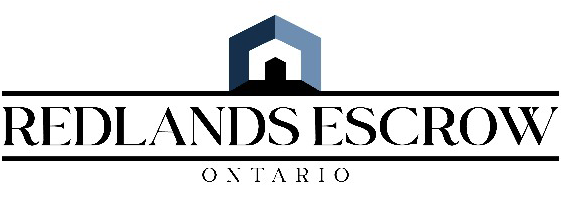What Is Escrow?
What is Escrow?
Escrow is a legal arrangement where a neutral third party holds funds or property until specific conditions, such as a purchase agreement, are met. In real estate transactions, escrow is essential to protect both the buyer and seller throughout the process. Additionally, during a mortgage, an escrow account is often used to manage funds for homeowner’s insurance and property tax payments.
Types of Escrow Accounts
In real estate, escrow serves two primary purposes:
- Managing the buyer’s good faith deposit in accordance with the purchase agreement.
- Handling funds for property taxes and insurance during the mortgage term.
These purposes result in two main types of escrow accounts: one for property purchases and another for managing payments during the mortgage.
Escrow Accounts for Property Purchases
When you purchase a property, your agreement will typically include a good faith deposit to show your commitment. If the sale is canceled due to the buyer’s fault, the seller may keep the deposit. If the purchase goes through, the deposit is applied toward the down payment. In some cases, after the sale, funds may remain in escrow for an “escrow holdback” until certain conditions are met. Once those conditions are satisfied, the appropriate party receives the funds.
Escrow Accounts for Insurance and Taxes
After closing on a property, your mortgage lender may set up an escrow account to pay for homeowner’s insurance and property taxes. The lender collects a portion of your monthly mortgage payment and holds it in escrow until these payments are due.
Since insurance premiums and tax amounts can change annually, your lender will adjust the escrow amount based on last year’s payments. They may also require a cushion of extra funds to ensure there’s enough in escrow. If your lender determines you’ve overpaid, you’ll receive a refund. If there’s a shortfall, you’ll need to make up the difference, either through a one-time payment or by adding it to your regular mortgage payments.
